iPhone 6S 'will cost too much'
Analysts have warned that the iPhone 6S may not be the money-spinner its predecessor once was
A free daily email with the biggest news stories of the day – and the best features from TheWeek.com
You are now subscribed
Your newsletter sign-up was successful
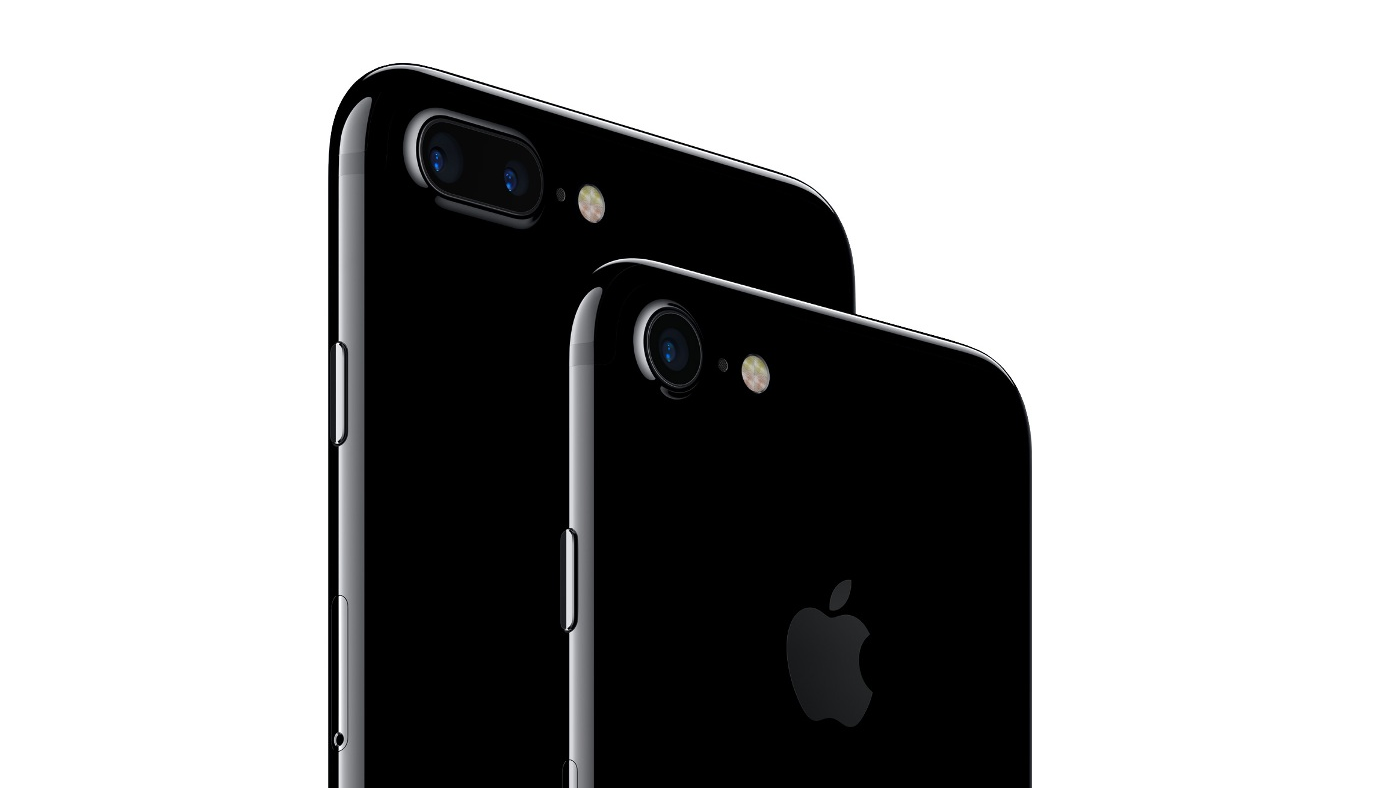
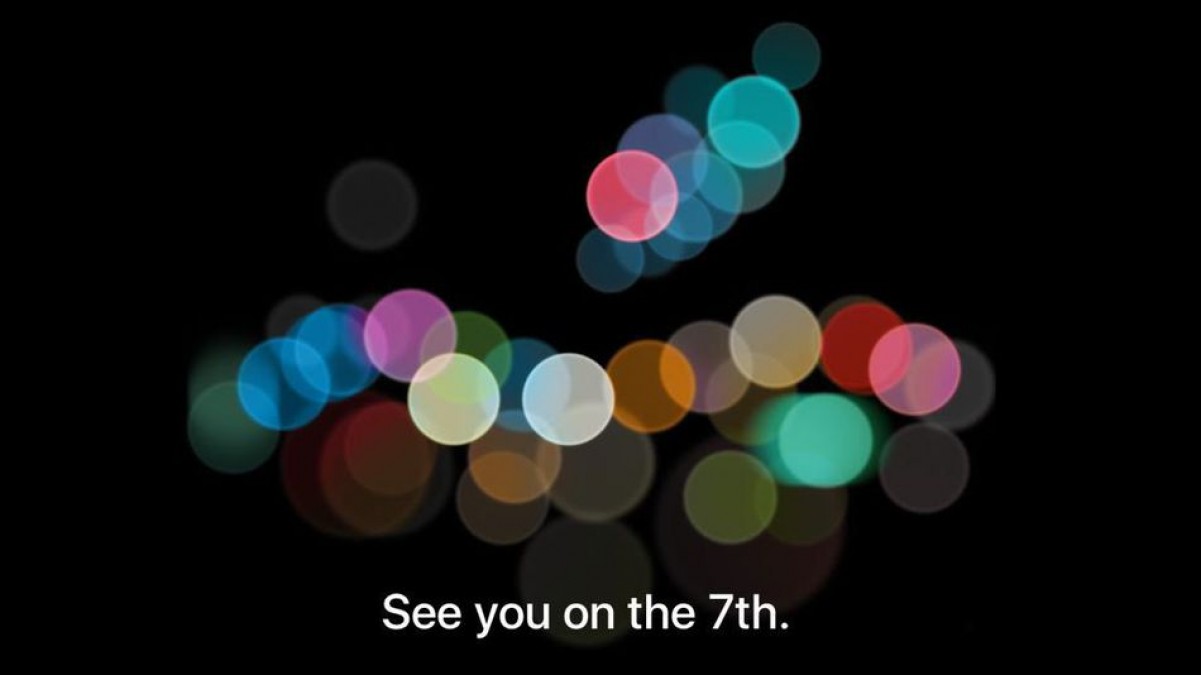
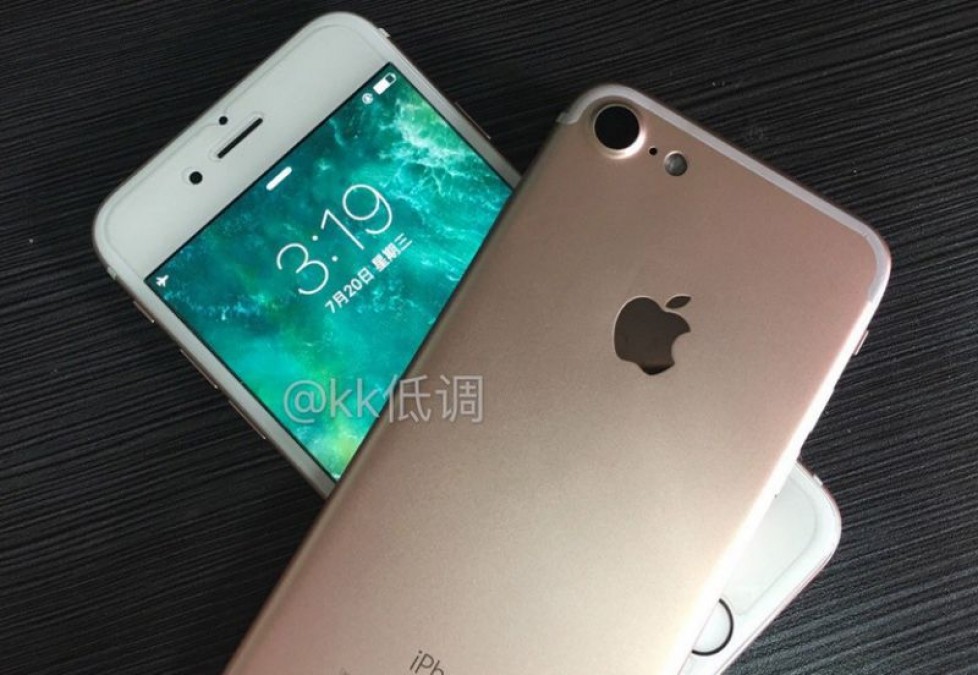
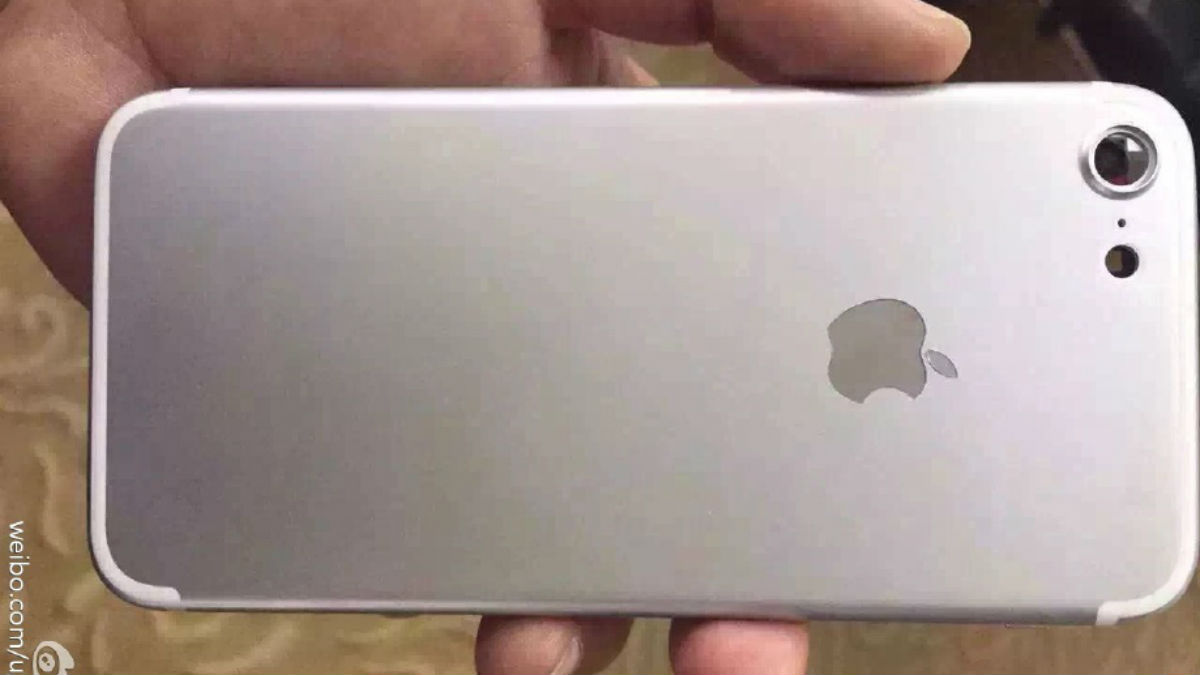

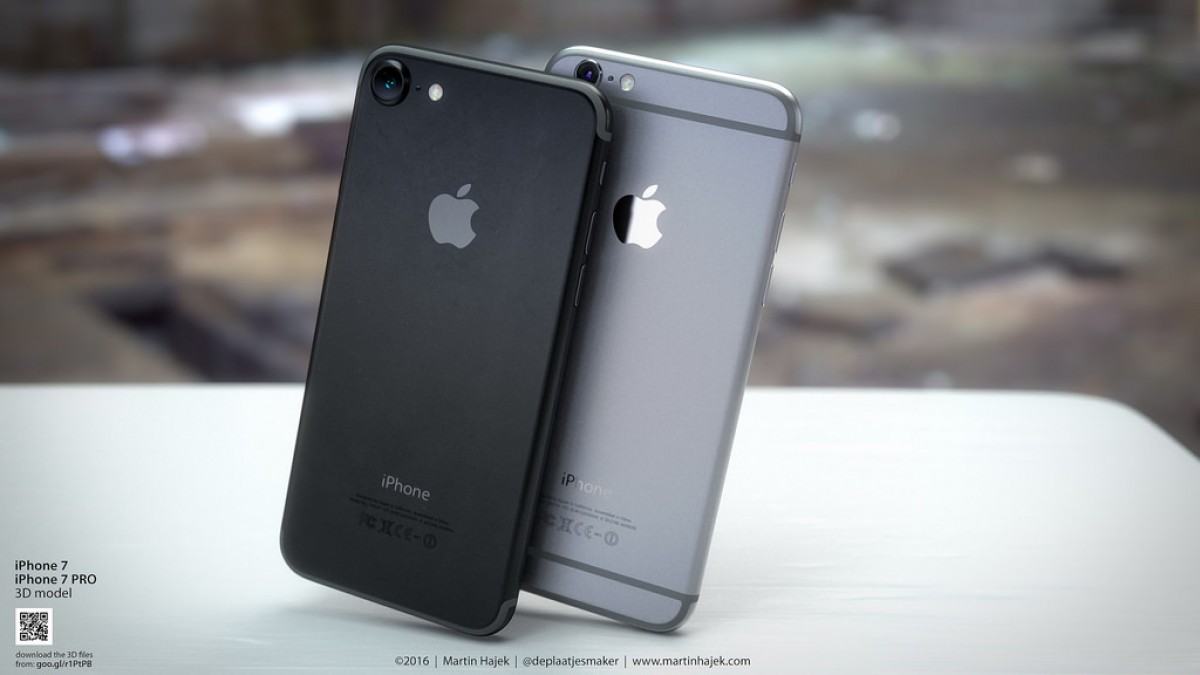
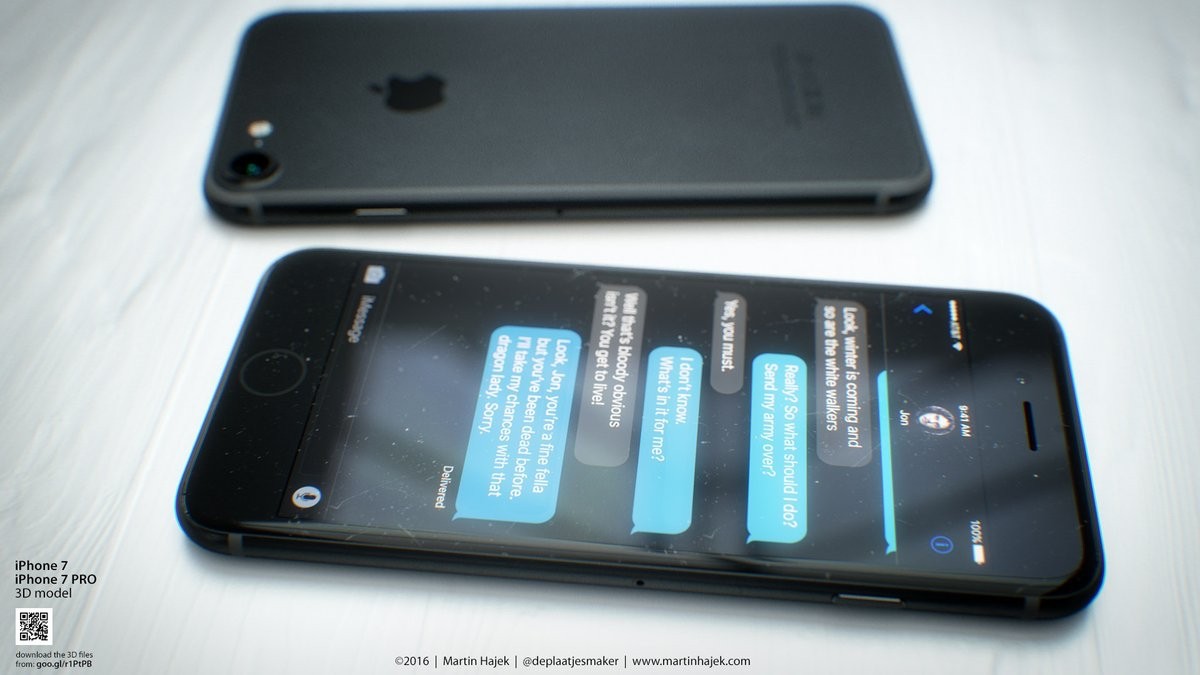
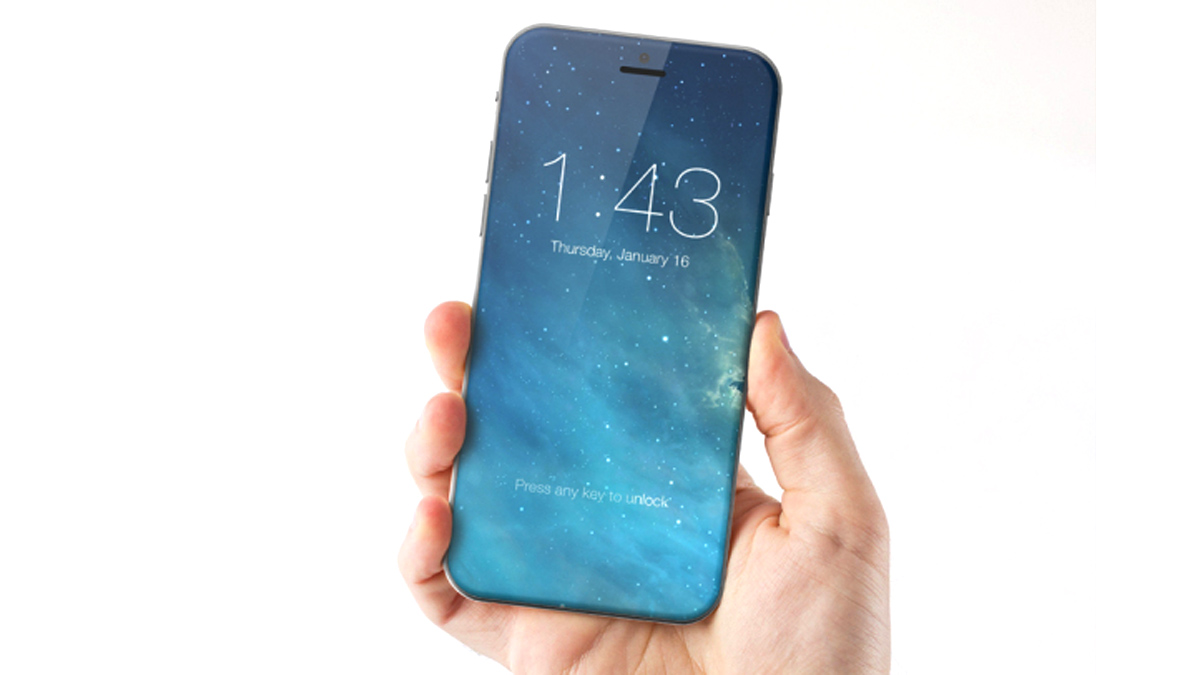

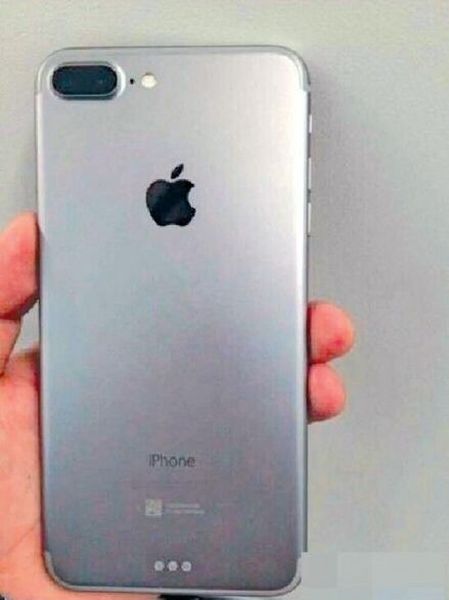
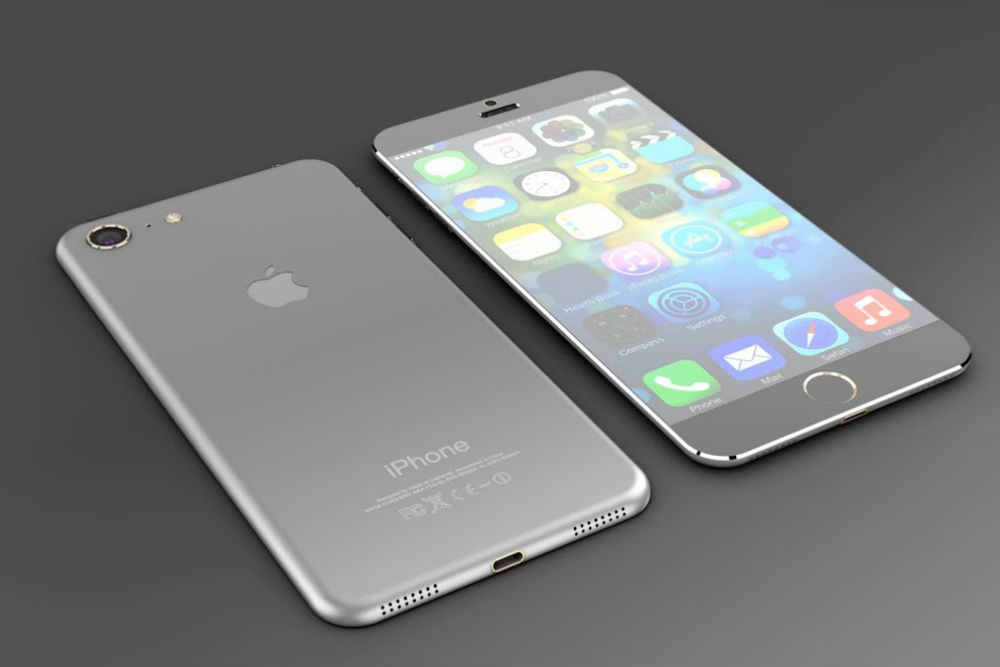
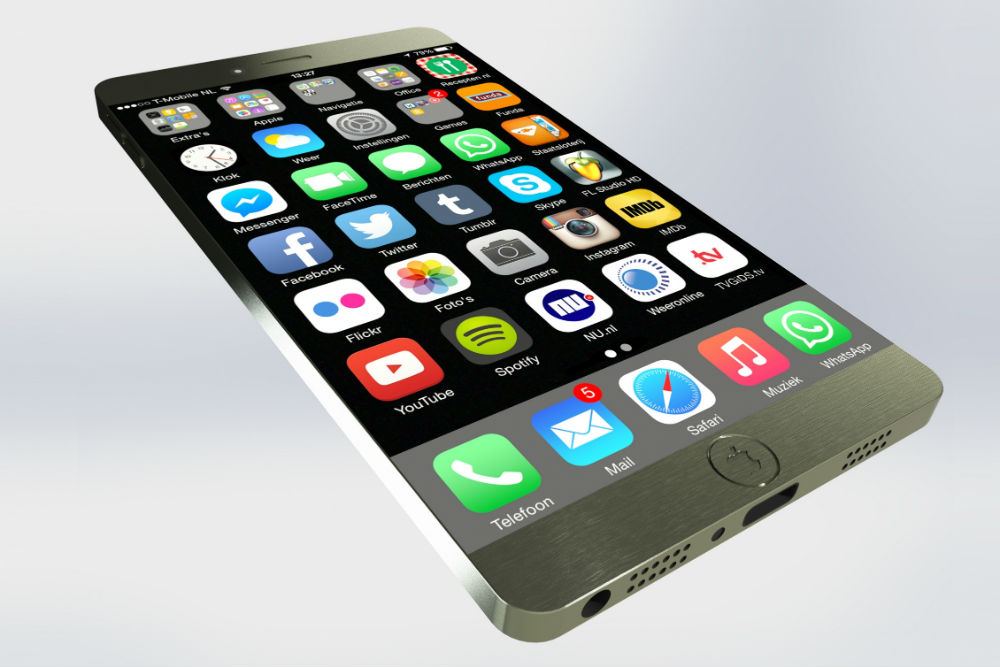
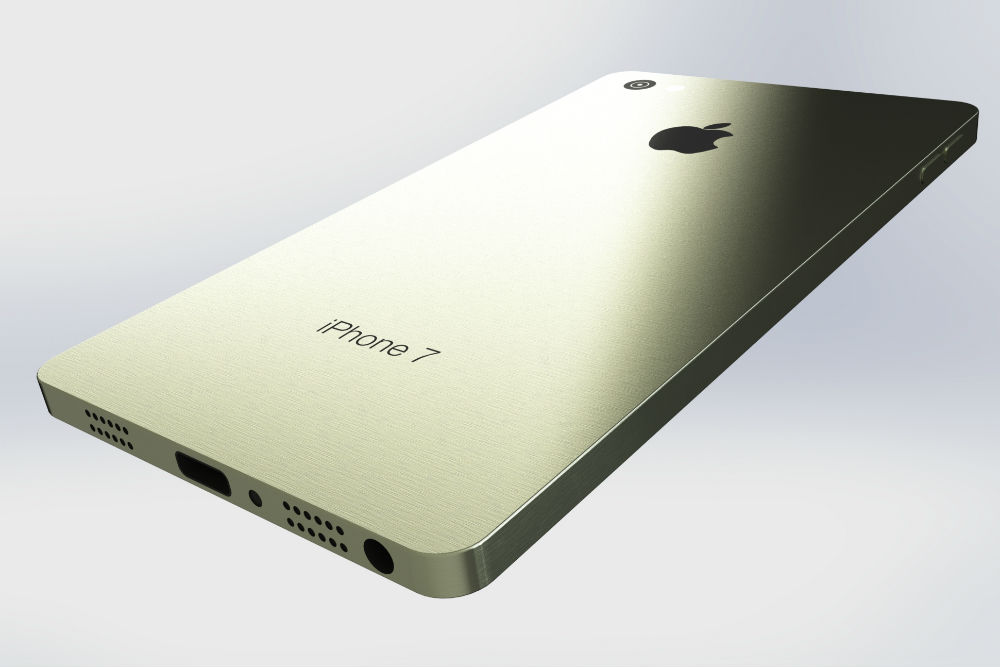
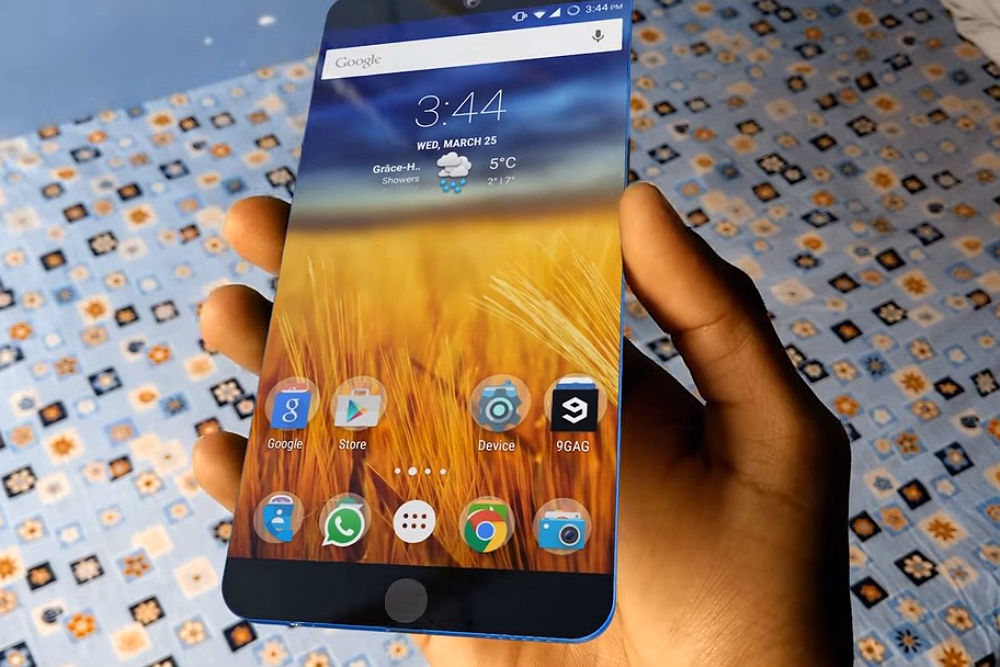


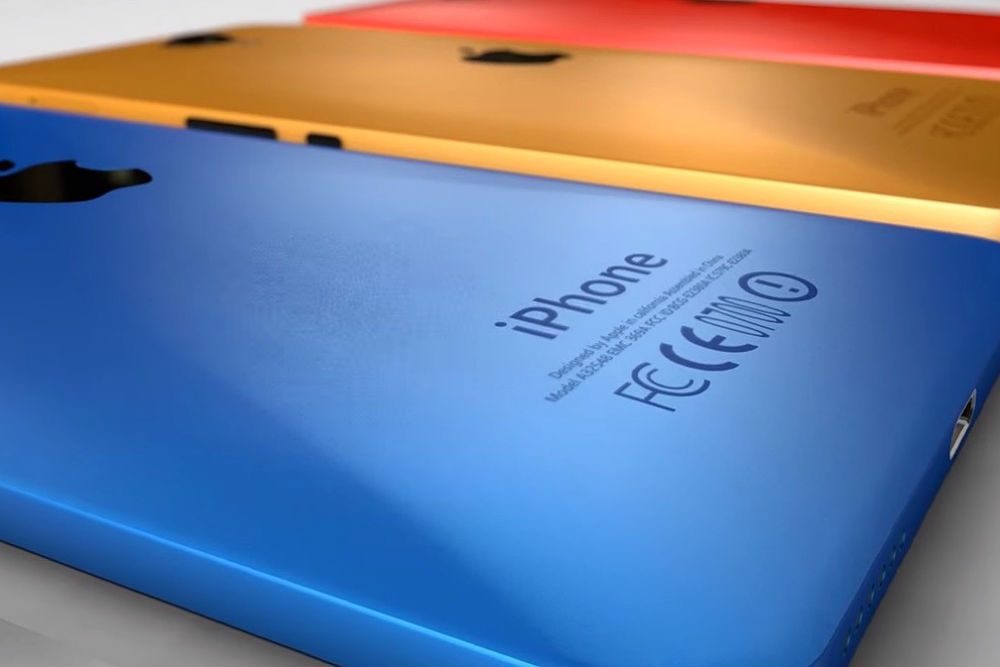
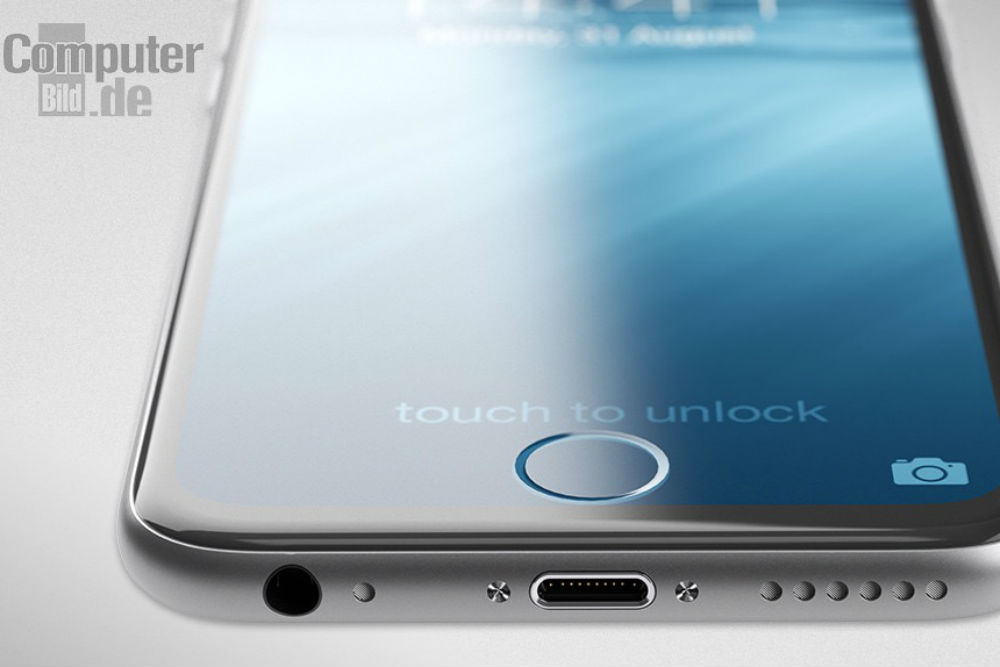
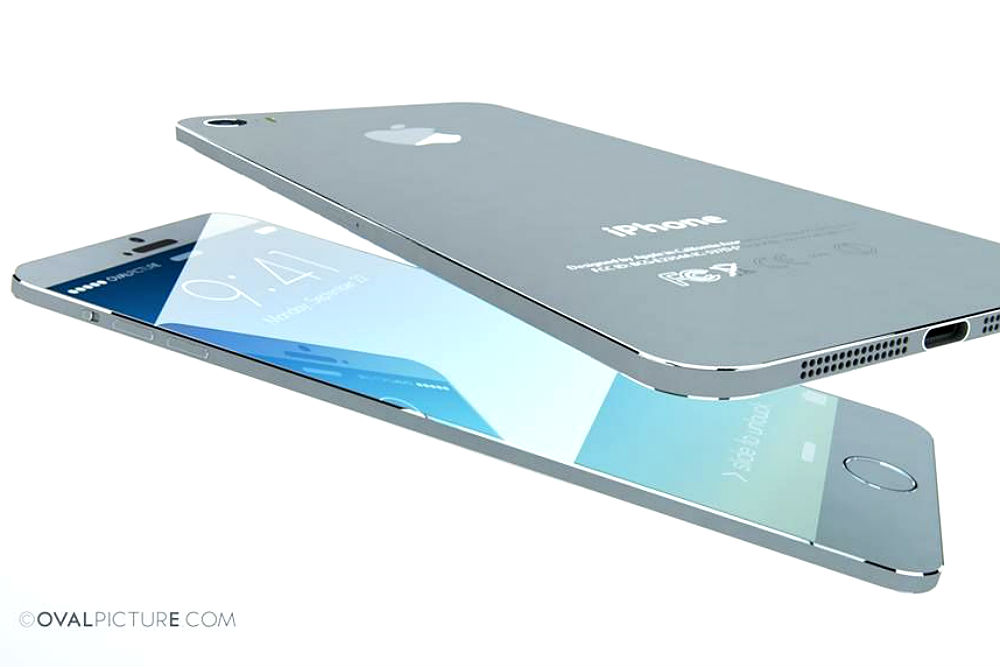

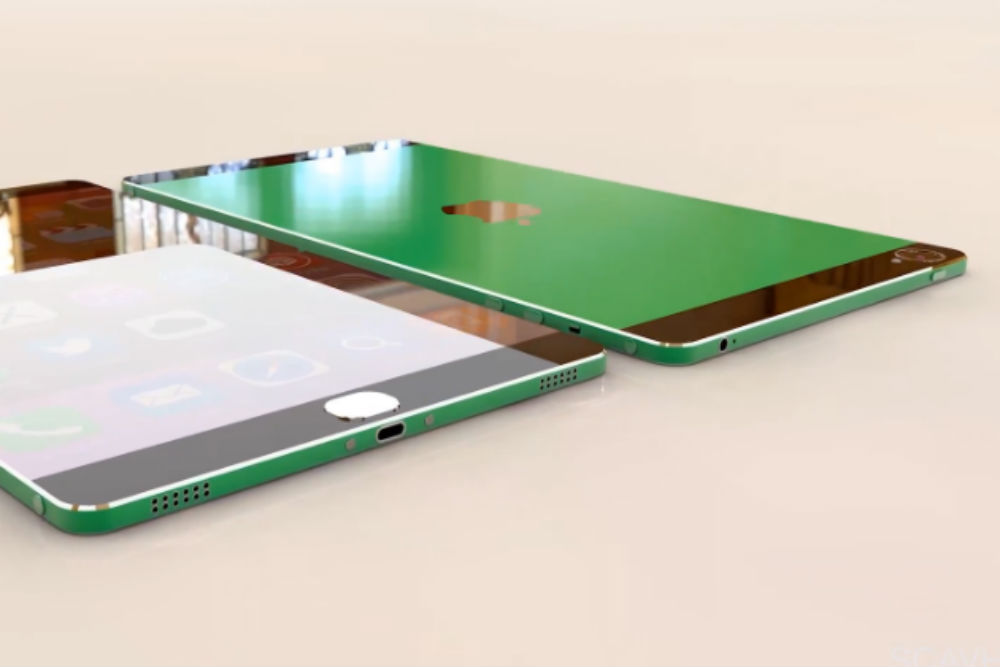
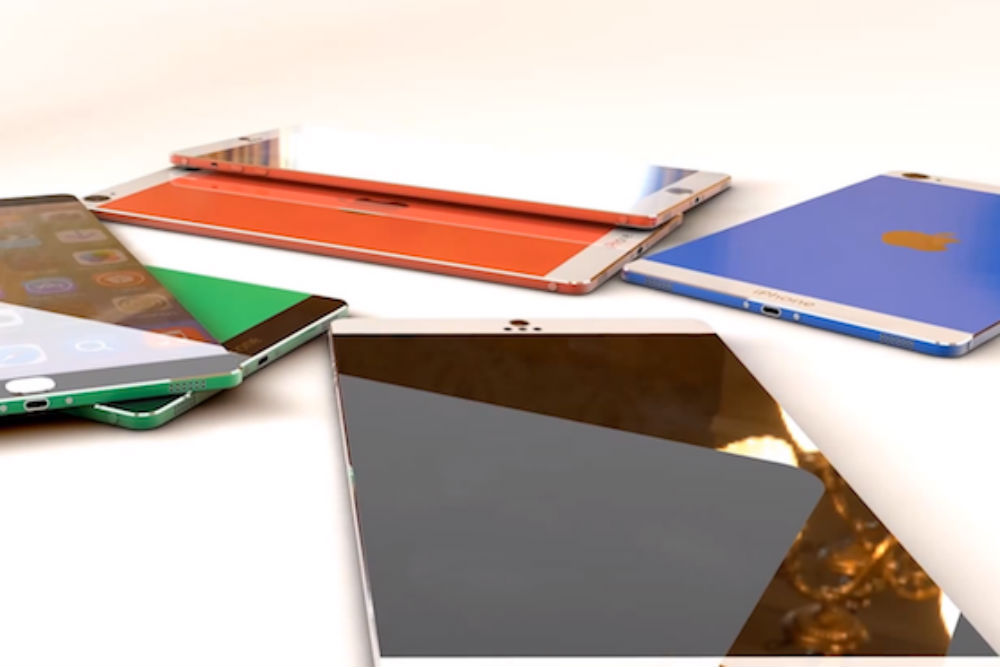
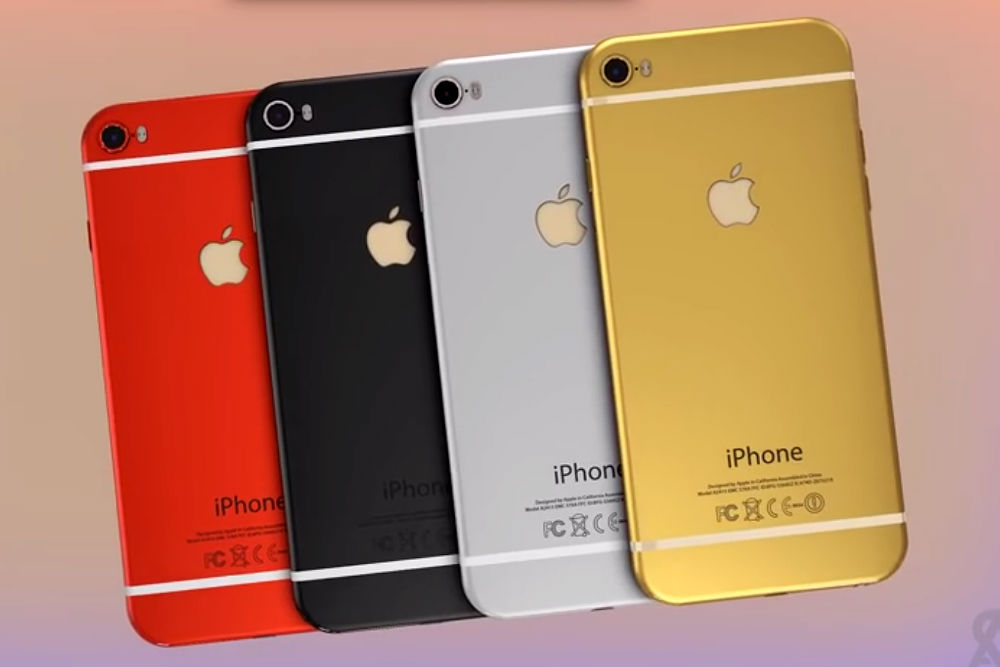
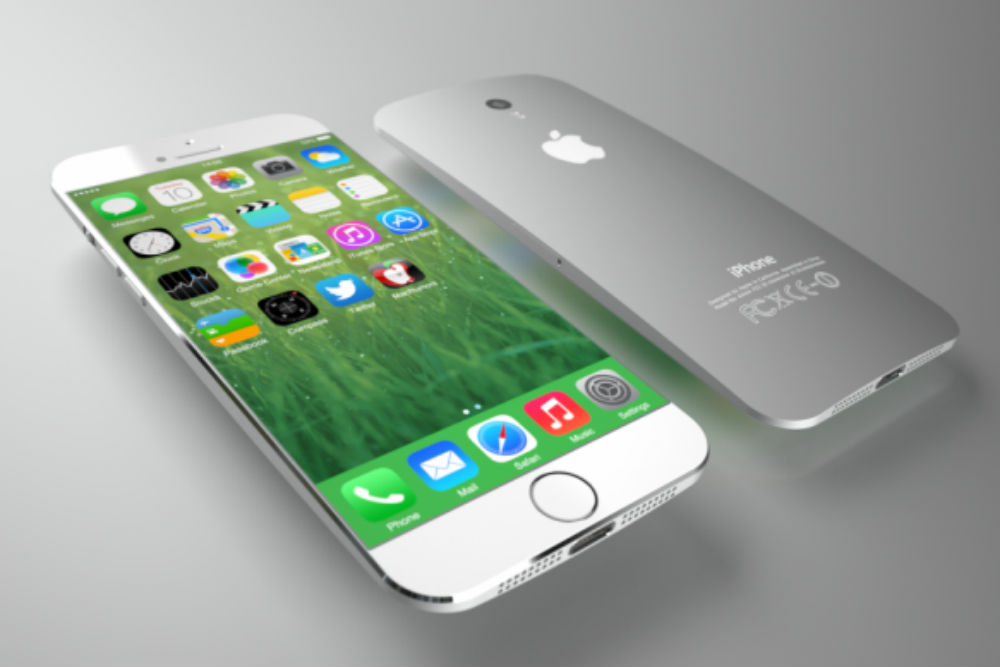
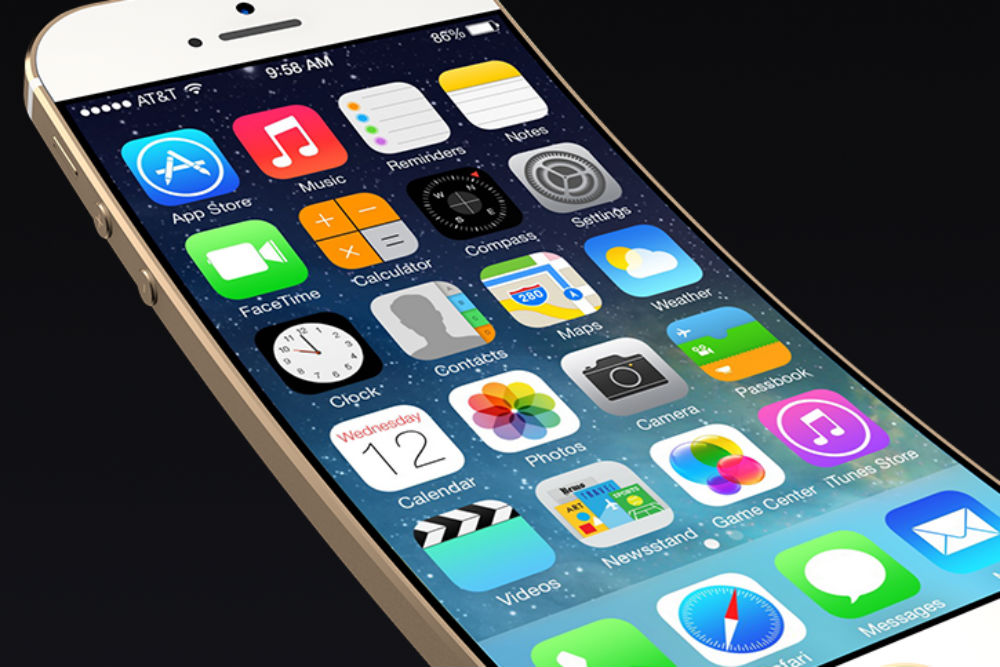
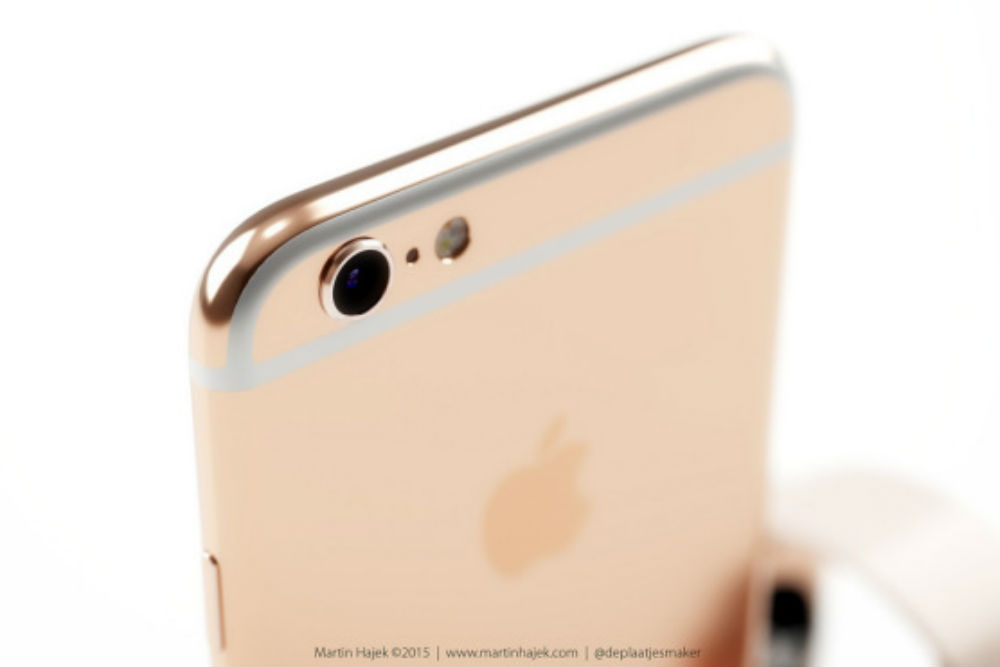
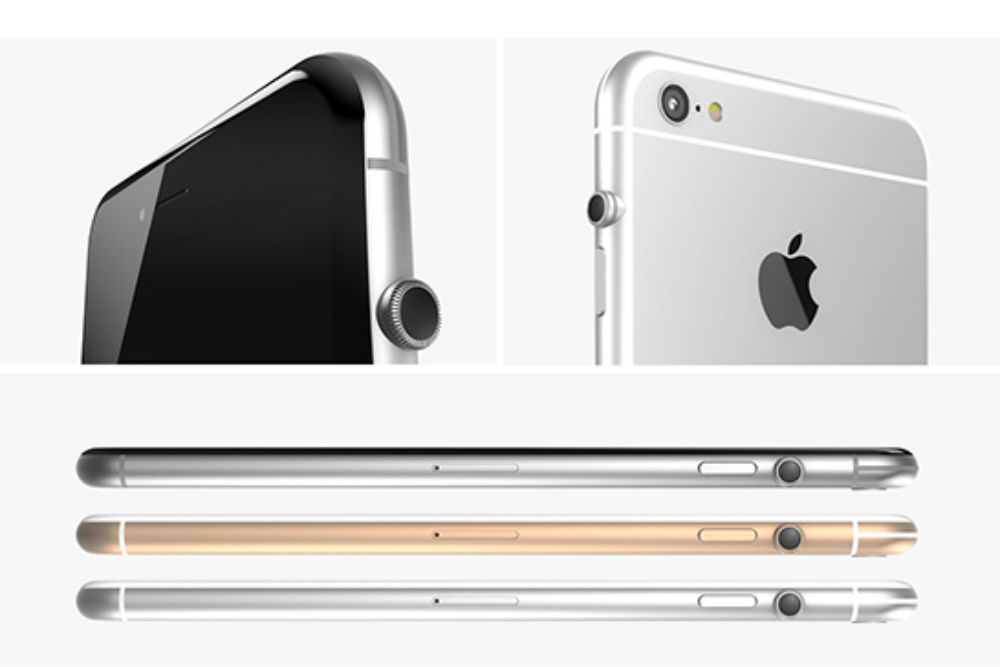

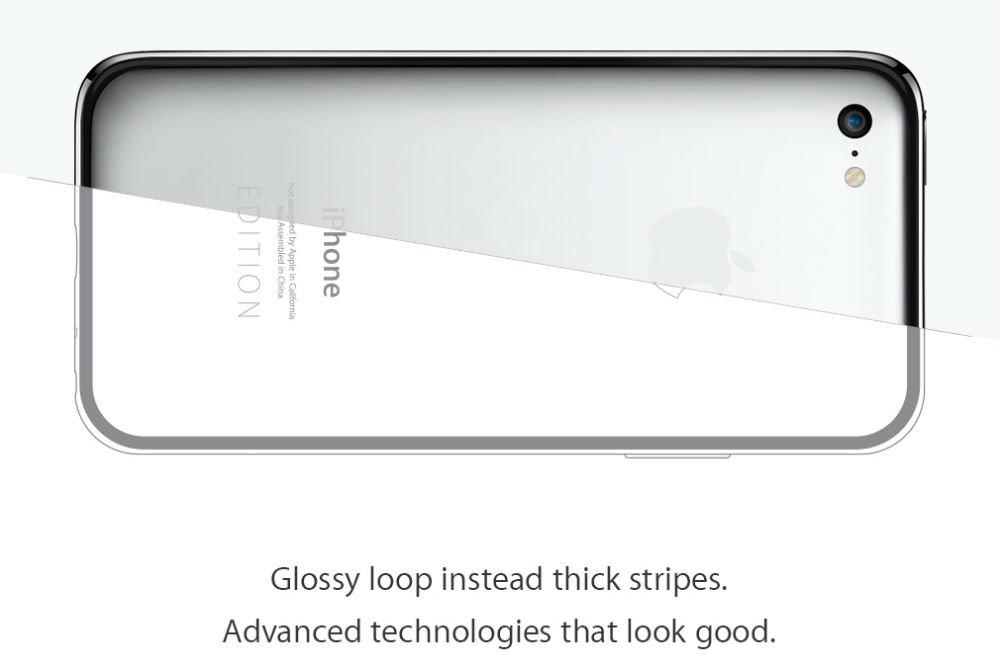
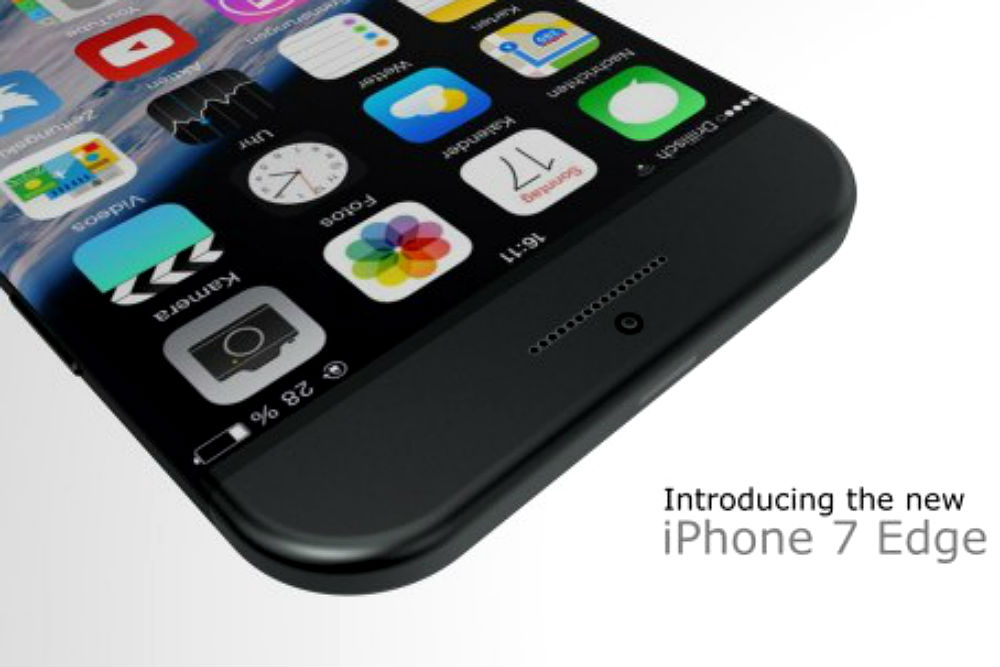
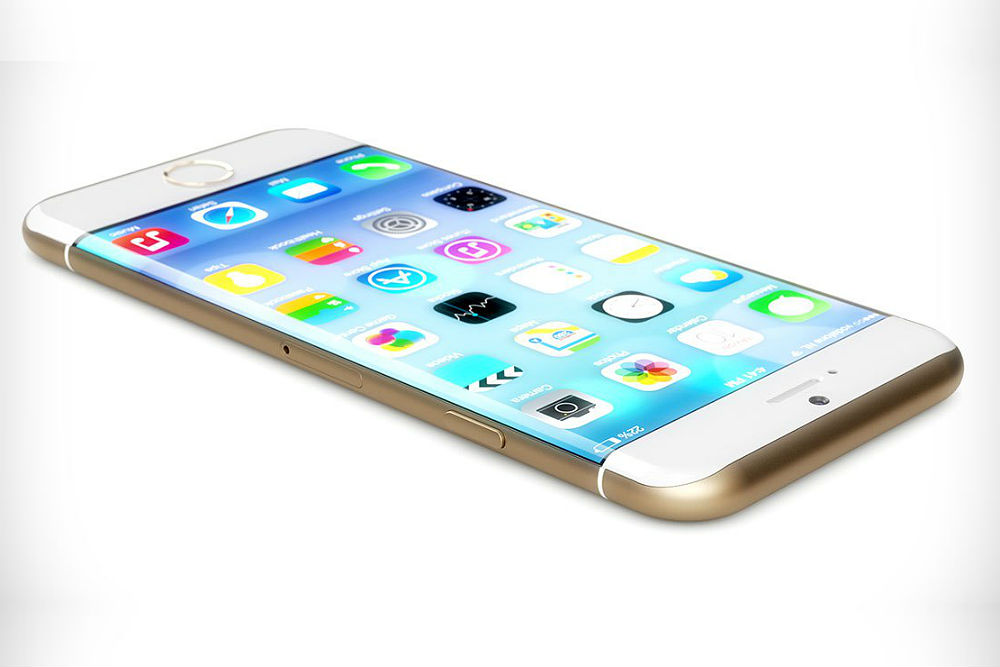


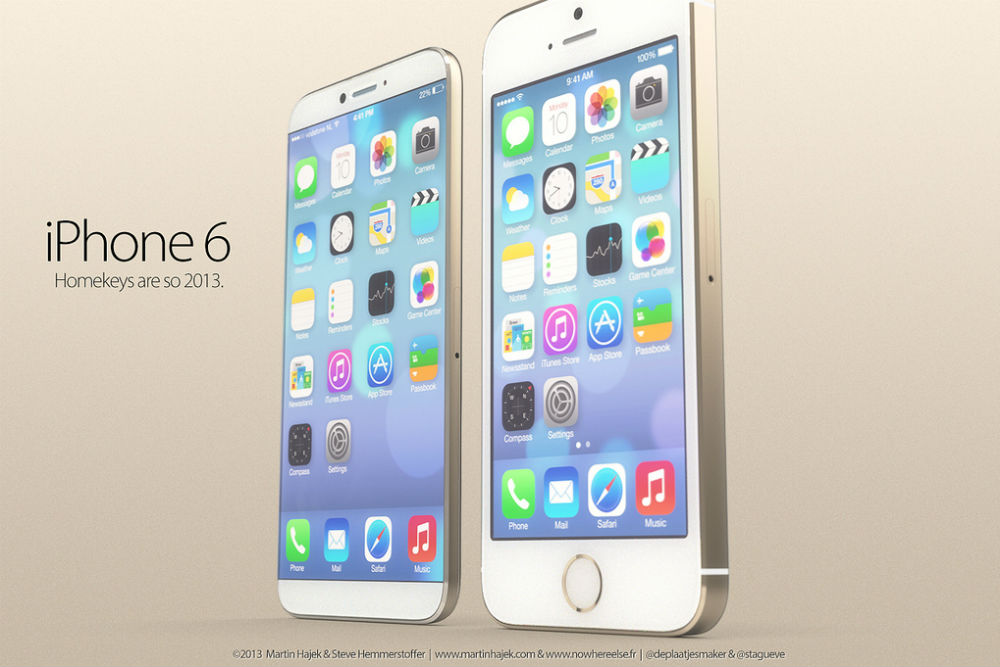
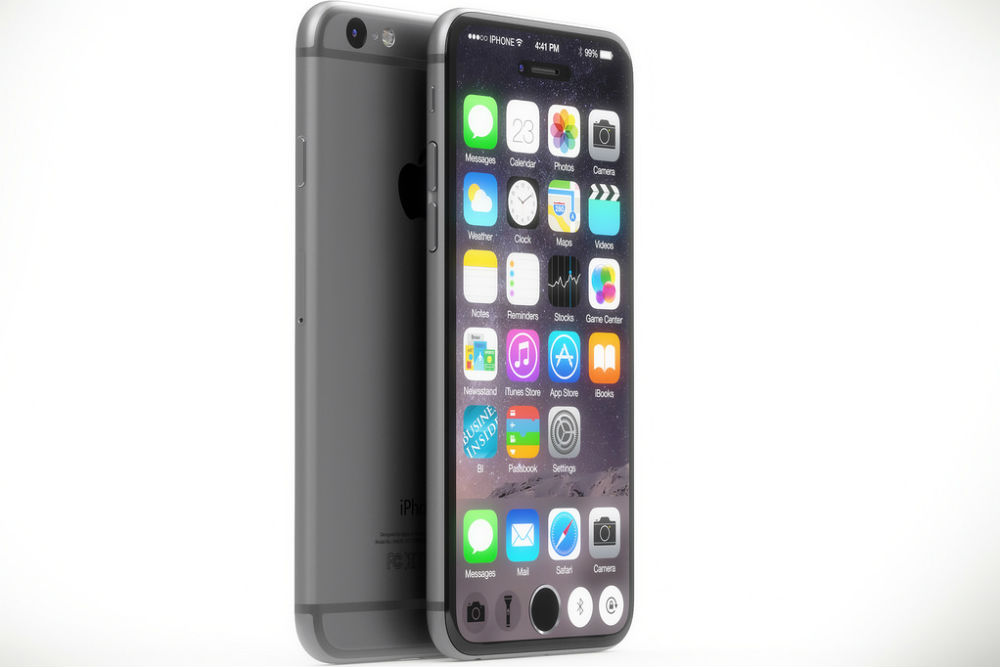
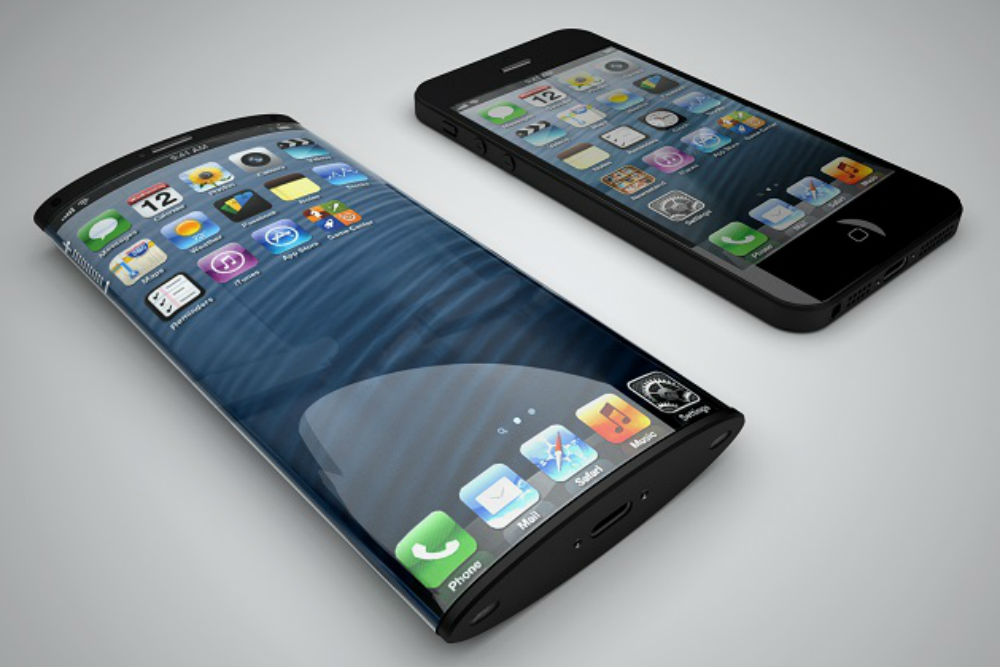
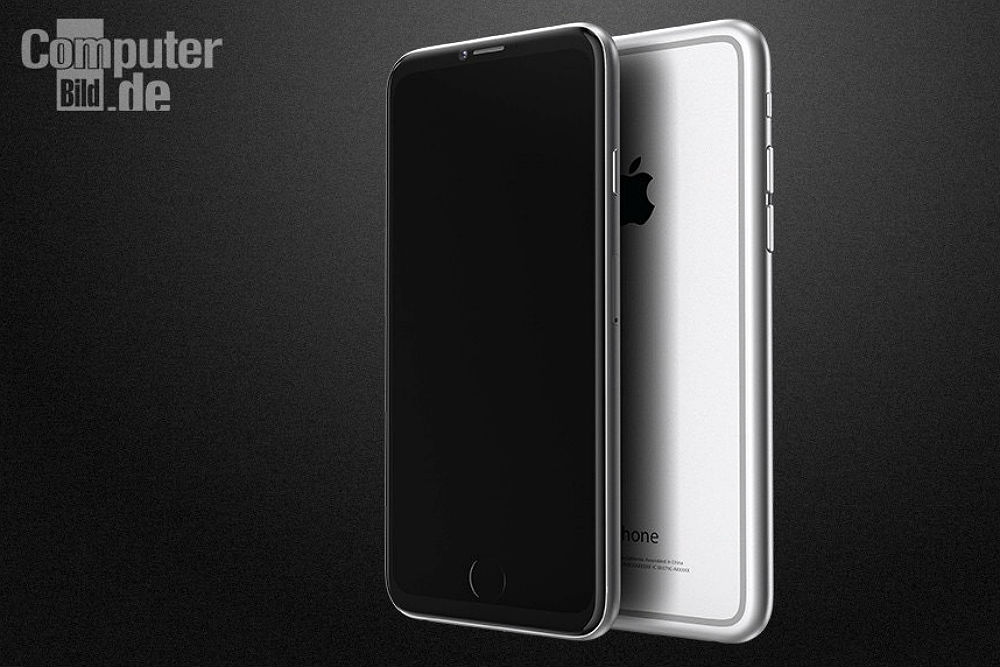
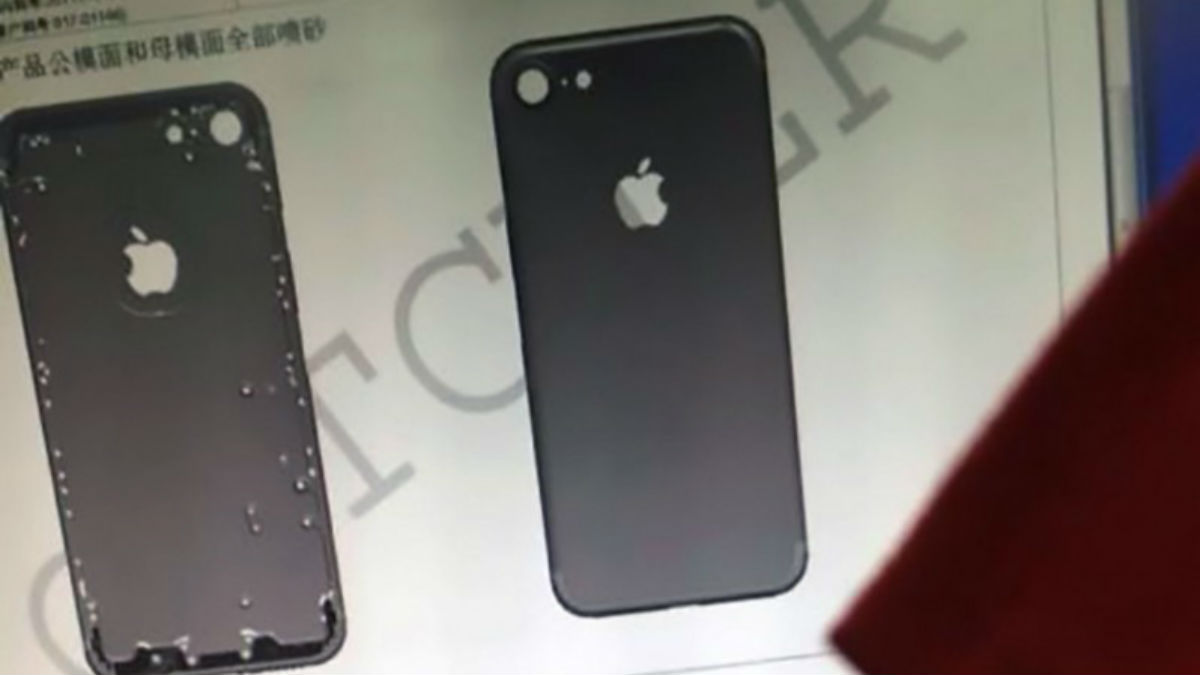
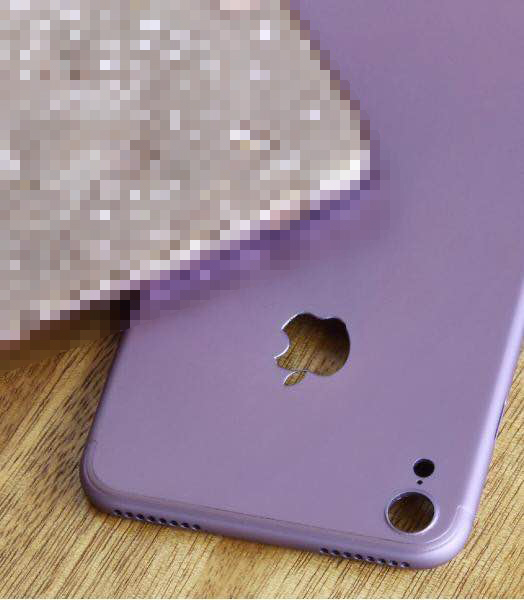
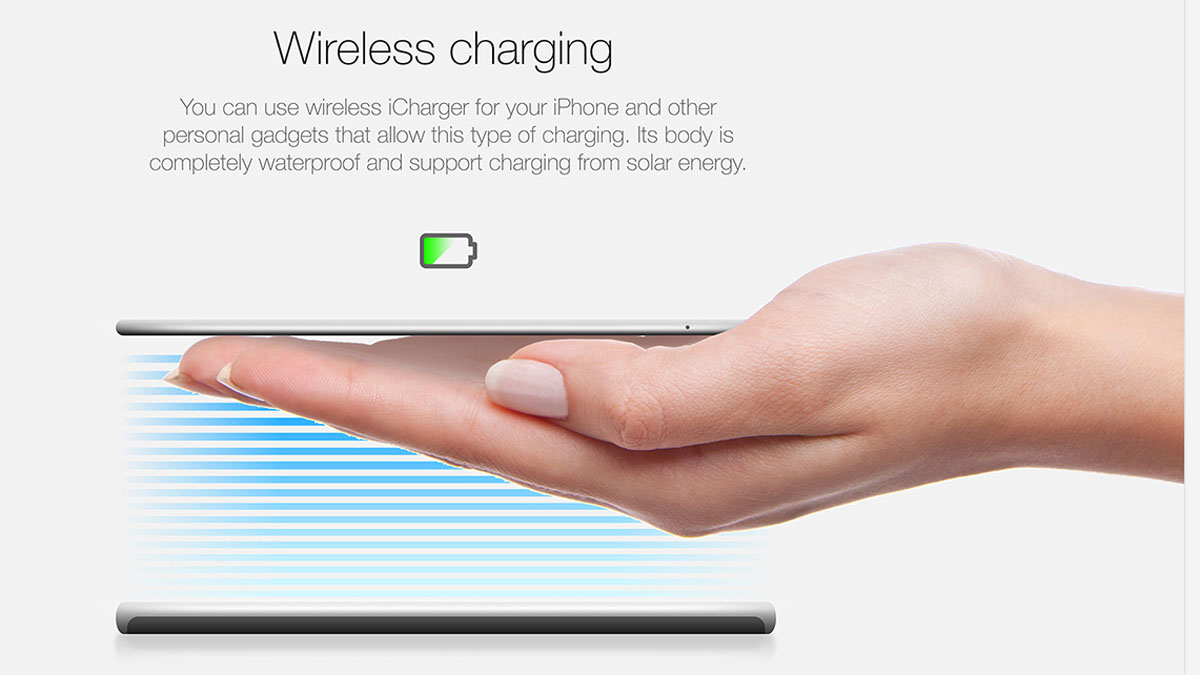

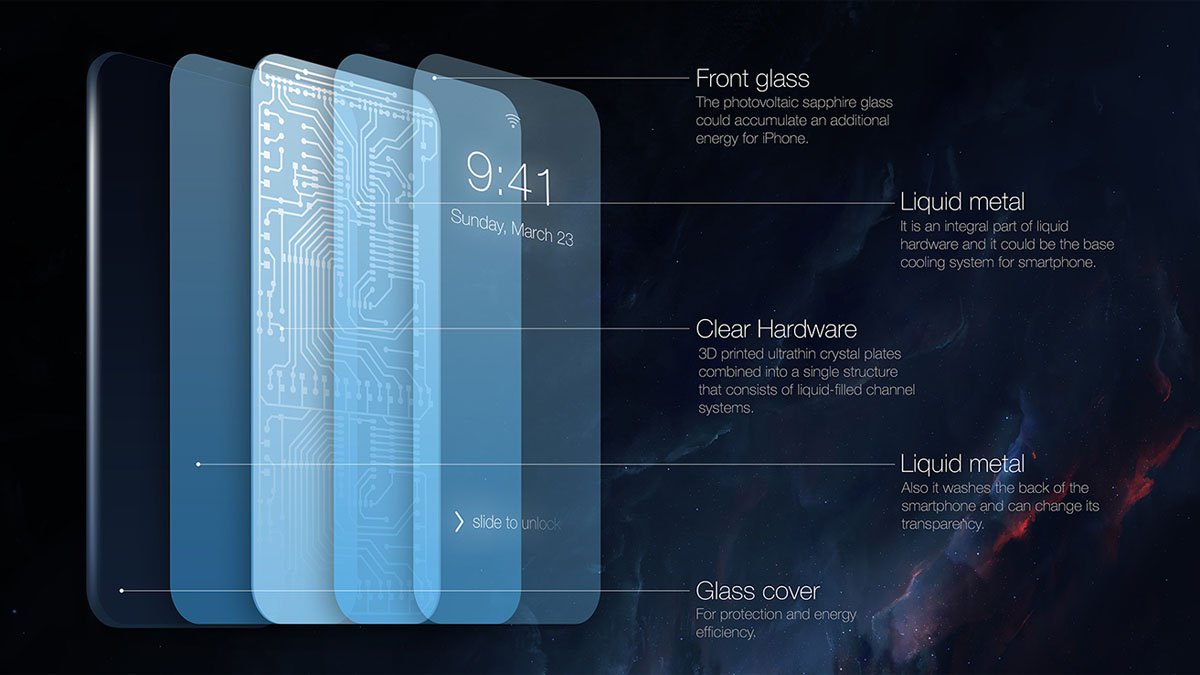

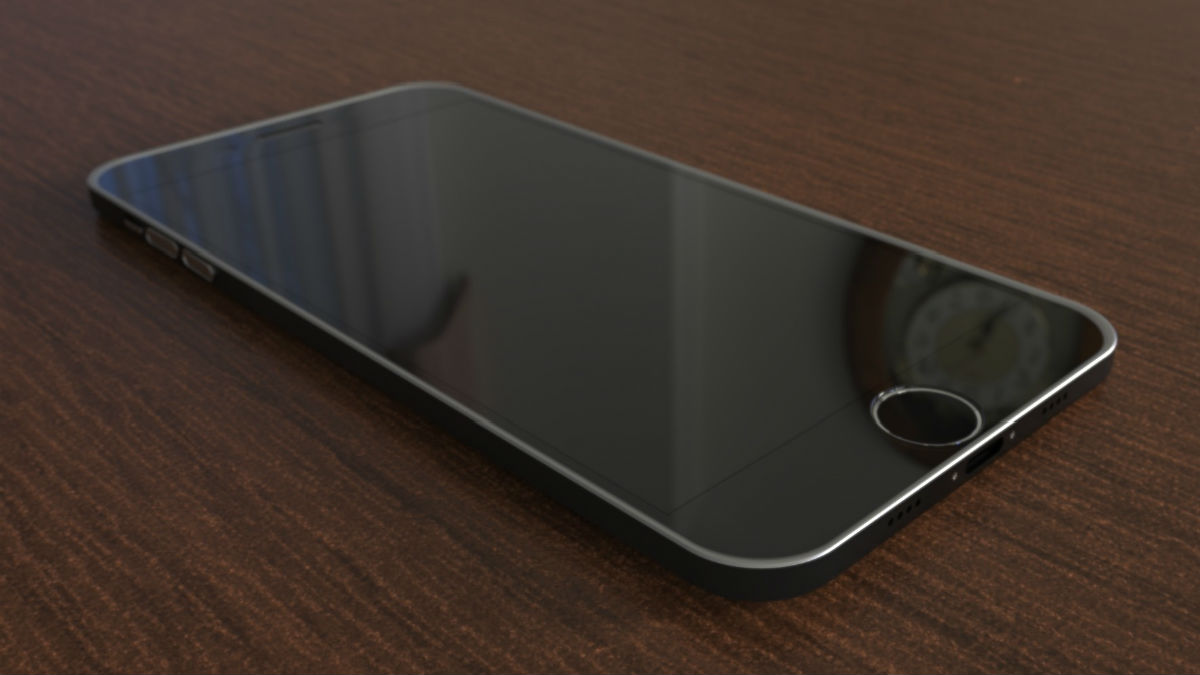

Apple is set to launch its next-generation smartphone, likely to be called either the iPhone 6S or iPhone 7, this evening, but the feature list, which has been widely leaked, has left some Wall Street analysts underwhelmed.
Leaks and rumours suggest that Apple fans can expect an improved camera, a stronger, bend-resistant frame and a new kind of pressure-sensitive touchscreen, but no significant changes to the look and feel of the device.
That has led some investors to worry that the iPhone 6S or 7 will not grab the attention of potential customers in the way that its predecessor did.
The Week
Escape your echo chamber. Get the facts behind the news, plus analysis from multiple perspectives.

Sign up for The Week's Free Newsletters
From our morning news briefing to a weekly Good News Newsletter, get the best of The Week delivered directly to your inbox.
From our morning news briefing to a weekly Good News Newsletter, get the best of The Week delivered directly to your inbox.
A video clip published two weeks ago, purporting to show the new device, appears to confirm that it will look identical to its predecessor, despite significant changes under the shell.
"It's unclear how legitimate the images are, but they do seem to indicate that the iPhone 6S will look a lot like the iPhone 6," says Business Insider.
Apple shareholders also worry that one significant improvement to the phone could come at too high a price. Reliable reports suggest that the new iPhone will be built from a high-grade aluminium alloy to prevent it bending in users' pockets, adding significantly to the cost of building the device. According to Forbes, the stronger alloy is five times more expensive than its less rigid equivalent.
As a result, Apple will either have to charge more for the iPhone 6S or 7, risking a dip in sales, or absorb the additional cost itself, denting its profit margin.
A free daily email with the biggest news stories of the day – and the best features from TheWeek.com

There's little doubt that whatever Apple produces will sell by the million and generate queues outside its stores, but Apple shareholders have high expectations, and the company's share price has fallen in recent months as doubt grows about whether the next iPhone will be as much of a money-spinner as the last.
"Apple is slumping as the usually high-flying tech company struggles to impress investors with the burden of raised expectations," News.com.au reported last week.
Acknowledging that the company sold 47 million iPhones last quarter, 35 per cent more than a year ago, it nevertheless notes that analysts had expected even more from the iPhone 6 – and suggests that there could be worse news to come with the launch of the iPhone 7.
"KGI Securities, which has an accurate track record when it comes to predicting the success of future Apple products, is now forecasting zero or even negative growth of iPhone sales in the last quarter of 2015," the paper reports.
In other words, they're predicting that the iPhone 6S or iPhone 7 will sell less well than its predecessor.
"This is unchartered territory for Apple, a company that’s become accustomed to year-on-year growth for its iPhone," says Alphr.

iPhone 6S or 7: leaked video
The video published earlier this week by MacRumors appears to show a partially built pre-production model of the new iPhone. It is close enough to completion to power the screen, but not to get through the full start-up procedure.
The shell of the phone looks very similar to that of its predecessor, although MacRumors notes that "there are some definite differences from the iPhone 6 such as the shielding on the rear of the display being glued in place rather than screwed in".
This, it suggests, may be a sign that the new iPhone does will incorporate Force Touch, the pressure-sensitive touchscreen, as has been widely predicted (see below).
Other changes are mostly internal, and the most significant of which appears to be that the new A9 chip – the processor at the heart of the iPhone 6S or 7 – will be significantly larger than the A8 of its predecessor.
"The reason for the increased size isn't confirmed," says MacRumors, "but it's possible Apple has moved some additional functionality into the main chip to increase efficiency and save overall space."
Force touch
Most commentator's expect that the most significant new feature in the new iPhone will be Force Touch - a more sophisticated touchscreen capable of differentiating between a light tap and more sustained pressure.
What that means in theory is that owners of the iPhone 6S or 7 will be able to control the device more efficiently, skipping menus and getting directly to the function they wish to use – but not everyone is convinced. "Little interest in the next iPhone's purported Force Touch feature combined with weak demand in China could sink iPhone sales in the fourth quarter," CNet reports.
A stronger iPhone – at a cost
Reports this week that Apple will strengthen the chassis of the iPhone 6S or 7 is likely to please consumers, but it may also add to investors' fears that the company's handsome profit margin may be squeezed.
Forbes reports that the iPhone 6S or iPhone 7 will be built using a stronger metal alloys than its predecessor – 7000 Series aluminium rather than 6000 Series aluminium.
The super-strength grade, used mainly for aerospace applications, is Apple's attempt to prevent the new handset bending and cracking in users' pockets – a problem with the iPhone 6 which came to be known as "bendgate".
But the additional rigidity comes at a price: "7000 Series aluminium costs up to 5x more than 6000 Series aluminium," Forbes says. "It is also more susceptible to rust which means it requires a thicker anodisation process (how colours are applied) which adds greater labour".
The resulting increase in production costs will eat into Apple's profitability if the company decides to absorb them, but could damage sales if they are passed on to consumers. The iPhone is already an expensive device, and a price rise could put off some potential customers.

Apple's own expectations
The company itself does not appear to be preparing for a dampening of demand. Last month, the Wall Street Journal reported that the company had ordered between 85 and 90 million new iPhones for the period between the launch and the end of 2015 - more than it has ever built before. Last year, it ordered 75 to 80 million iPhone 6 units for the equivalent period.
"Apple Inc is preparing for a larger initial production run of its next iPhones," the paper reports, "betting that even modest hardware changes will entice consumers to upgrade handsets and outstrip demand for the larger-screen phones that it released last year."
Nevertheless, investors appear to be unconvinced, and have been selling off Apple shares, which were trading at $133.60 in February. They closed on Friday at $112.76, a fall of 15 per cent since that peak. A significant part of that fall has been caused by fears that China's faltering economy will hurt iPhone sales there (see video below), but much of it occurred before the recent Chinese crash, reflecting investors' concerns that Apple is not maintaining its momentum in sales growth elsewhere.
Even so, Apple remains by some margin the most valuable company in the world by market capitalisation.
Video: Apple's China problem
-
 The problem with diagnosing profound autism
The problem with diagnosing profound autismThe Explainer Experts are reconsidering the idea of autism as a spectrum, which could impact diagnoses and policy making for the condition
-
 What to know before filing your own taxes for the first time
What to know before filing your own taxes for the first timethe explainer Tackle this financial milestone with confidence
-
 The biggest box office flops of the 21st century
The biggest box office flops of the 21st centuryin depth Unnecessary remakes and turgid, expensive CGI-fests highlight this list of these most notorious box-office losers
-
 Beats X vs Apple AirPods: Which is better?
Beats X vs Apple AirPods: Which is better?The Week Recommends They're cheaper and less flashy than Apple's offering, but are the Bluetooth headphones any good?
-
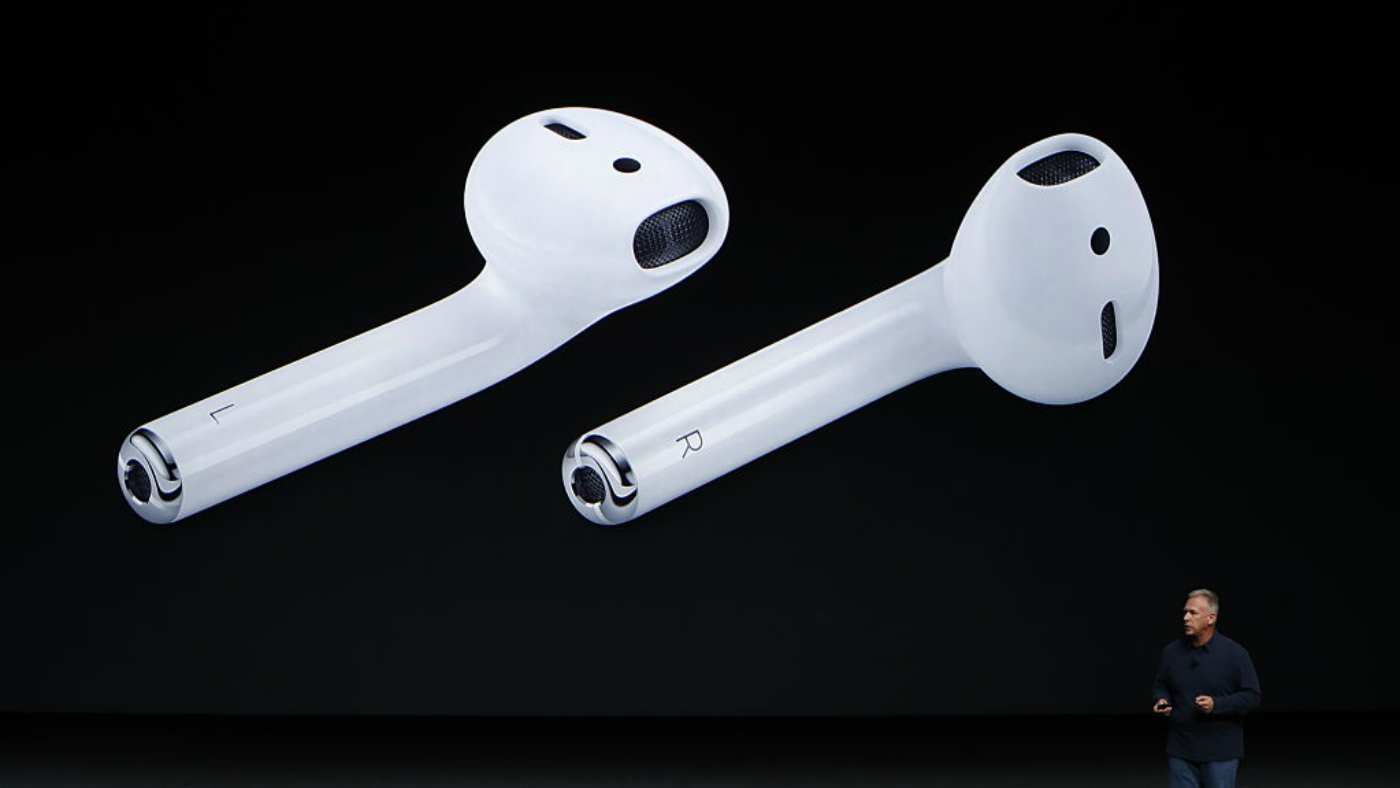 Apple AirPods: Reviews and price
Apple AirPods: Reviews and priceThe Week Recommends Wire-free AirPods offer one-tap connectivity with Apple devices, but are they worth buying?
-
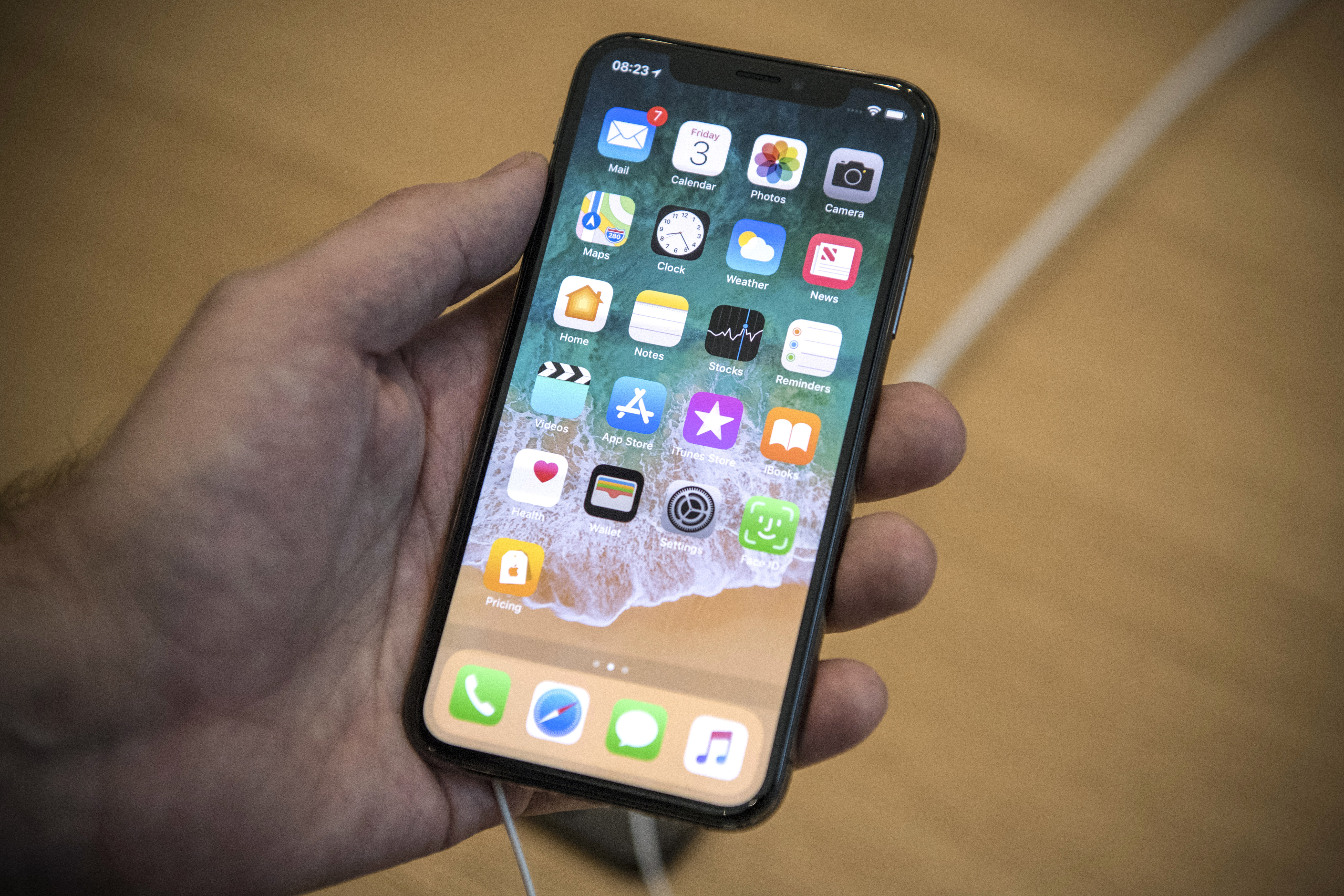 Apple’s iPhone X: is it worth it?
Apple’s iPhone X: is it worth it?In Depth The tech giant is hoping that superfans – and the super-rich – will snap up its brand new all-glass iPhone with face ID
-
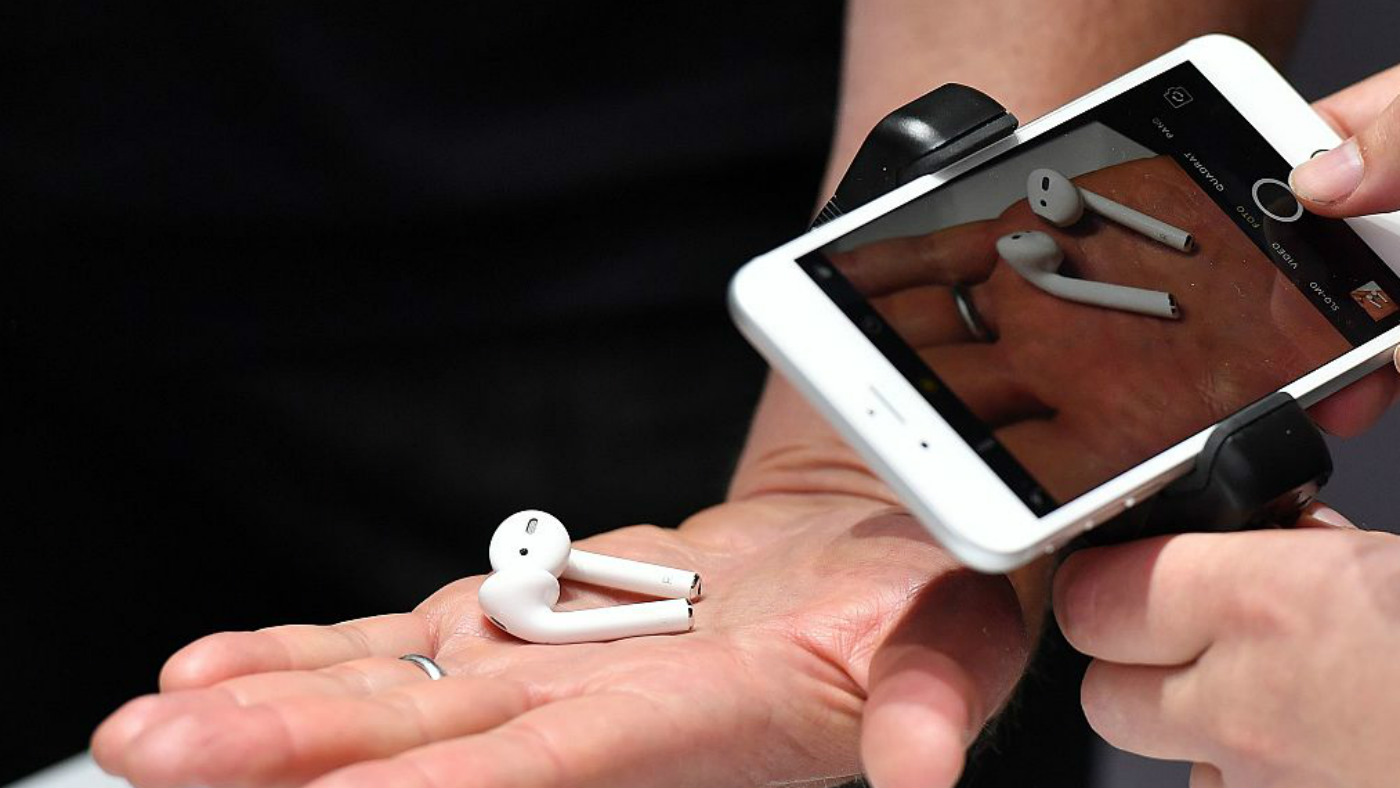 Apple AirPods: Everything you need to know
Apple AirPods: Everything you need to knowIn Depth Consumers are divided over Apple's new wireless headphones
-
 iPhone 7 concepts
iPhone 7 conceptsSpeed Read Here's what designers thought Apple should do with the iPhone 6s - and what they might do with the iPhone 7
-
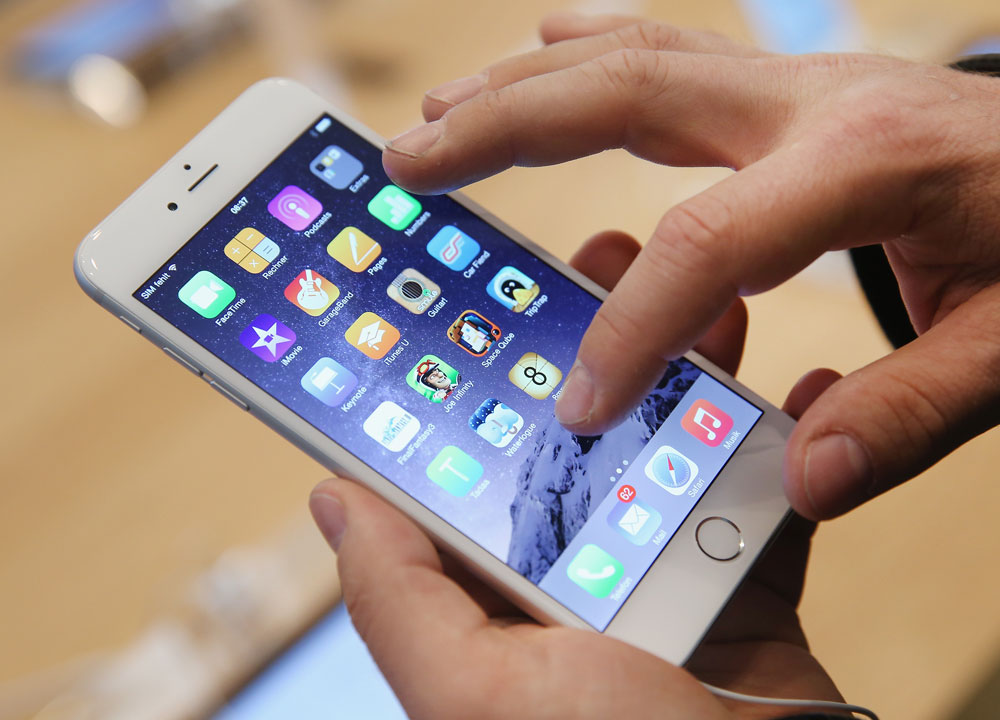 Apple iPhone can be hacked with just one tap
Apple iPhone can be hacked with just one tapSpeed Read Tech giant issues emergency software update after malware scam allows hackers to spy on users
-
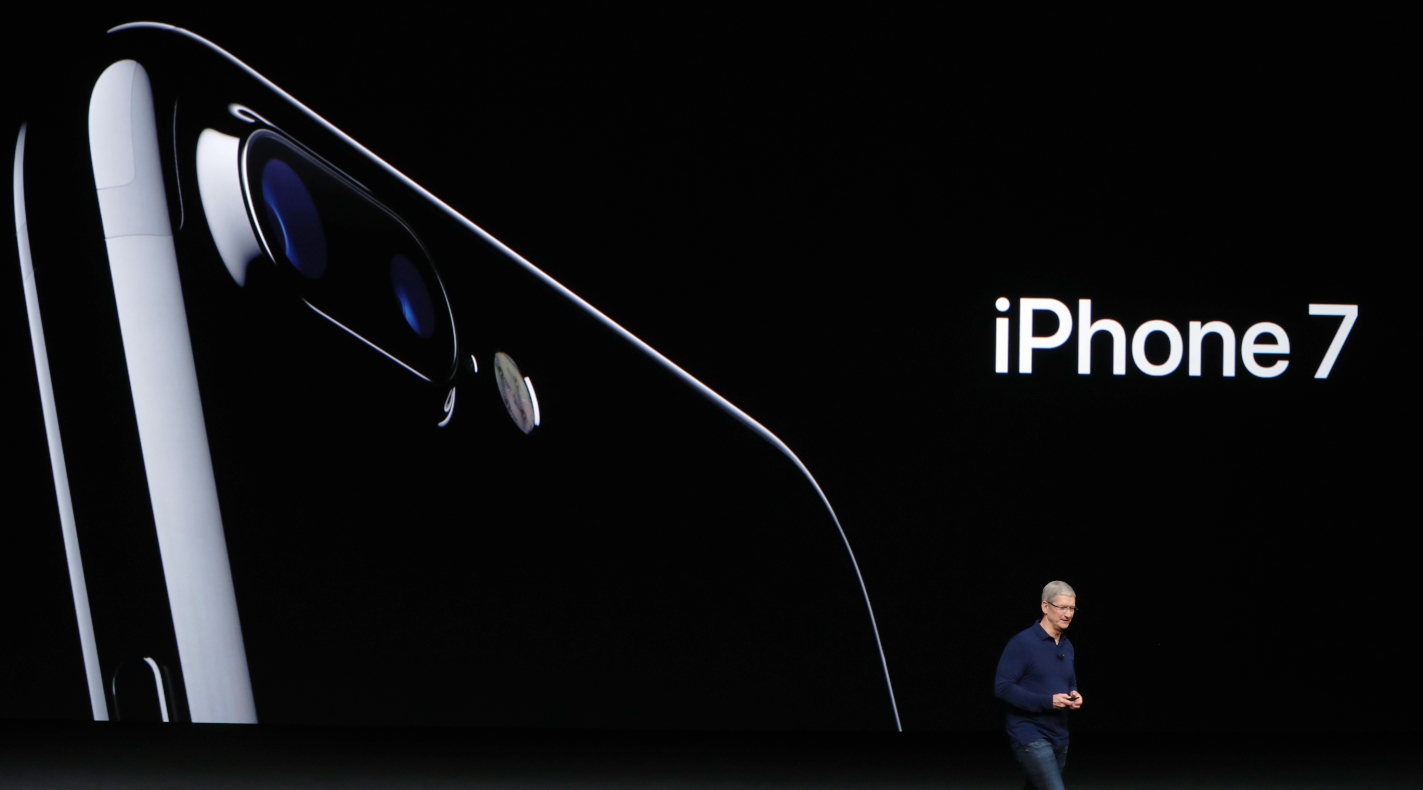 iPhone 7 review: Why the new iPhone is not worth buying
iPhone 7 review: Why the new iPhone is not worth buyingSpeed Read Critics say the phone's 'poor' battery life, predictable design and lack of headphone jack are 'disappointing'
-
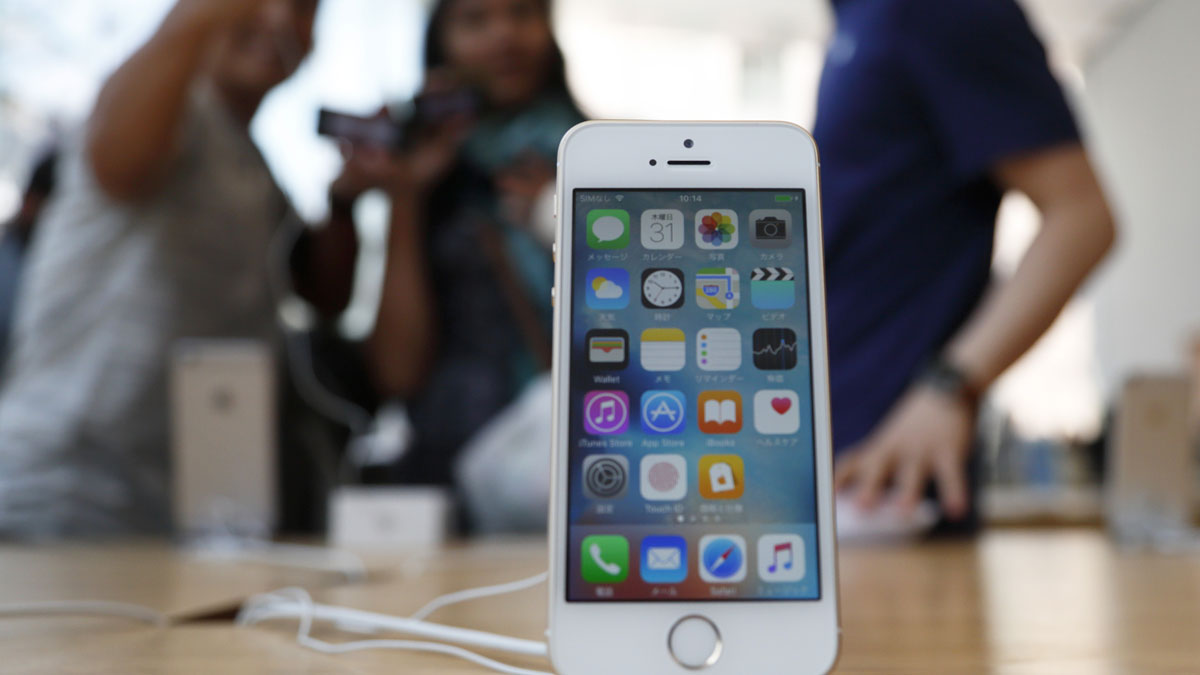 'Peak iPhone' blamed for Apple's falling revenues
'Peak iPhone' blamed for Apple's falling revenuesSpeed Read Tech giant reports its first drop for 13 years as iPhone sales decline in key markets